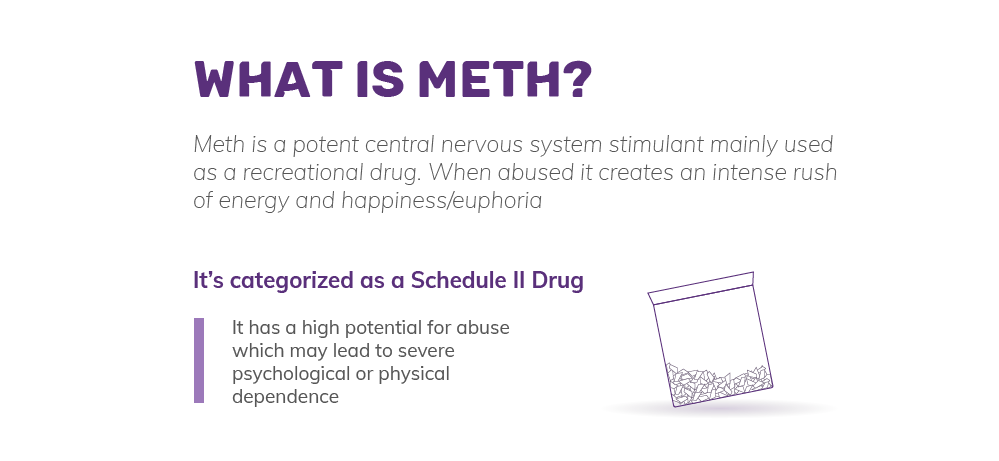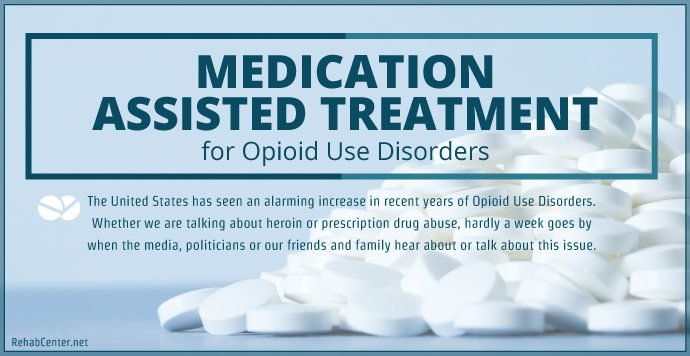For others, just the modification of ceasing to depend on a compound can bring on the stress. In either case, research studies have regularly shown that those who continue to get continuous psychological and emotional treatment following preliminary detox are most likely to be successful in avoiding compound abuse. Comprehensive drug abuse treatment plans should, for that reason, include components such as the following: What does the client need to learn about maintaining sobriety? What mental health issues does the client struggle with? What do the clients require to discover about themselves and others? Which type of battles are unique to this person, and how can we help? People are social creatures.
Both making Check out this site use of drugs and the avoiding them can have a significant effect on our social life. Aspects of our social life include interactions with those in our friends and family groups, as well as our experience within the labor force and with the law. Some social questions that are dealt with in a detailed treatment plan are as follows: What does the recovering individual need from enjoyed ones? What do enjoyed ones require from the recuperating individual? What needs to happen for the recuperating individual to obtain, or preserve, work? Exist any legal hurdles that have occurred as an outcome of the compound usage or cessation? Which legal resources are required? A detailed Helpful hints treatment plan need to be a vibrant and evolving standard for health.
Scenarios requiring modification of initial treatment plan aspects can consist of the client's concerns about the treatment; modifications in the patient's life scenarios; or the discovery of new information which would be beneficial to include within the plan. In addition to the services that are being offered by the treatment center, straight, a comprehensive substance abuse treatment plan will also include access to recommendation and neighborhood resources.
Further resource integration can consist of strategies for connecting with local restorative facilities and programs, such as through scheduling ongoing going to of religious or other support system meetings. The treatment plan ought to likewise consist of a roadway map for cessation of extensive intervention, as the client's sobriety eventually goes into the long-lasting upkeep phase.
An individual's culture can describe specifics such as race; sex; household status; and even residency place. Numerous research studies have actually indicated that both how, and where, we grow up can have an influence on how we see the world. These unique point of views on life provide themselves to tailored techniques toward creating frame of minds and motivations in sustaining wellness.
This is an Intermediate Level course. After taking this course, psychological health specialists will be able to: Describe how planning treatment to attend to compound usage conditions and issues can be a collaborative intervention. Call one goal and four matching objectives that can be integrated into a strategy to help a customer boost self-efficacy for change.
Go over four essential concerns to attend to in psychoeducation about how treatment works and what the customer can anticipate in treatment to attend to compound use concerns and conditions. Outline major points for helping clients in weighing threats and advantages of using psychoactive compounds by discussing the physiological and mental impacts and long-term repercussions.
5 Easy Facts About Which Of The Following Is The Most Common Pharmacological Treatment For Addiction? Explained

Explain 4 methods in which treatment preparation can be used to reinforce and broaden a customer's successful efforts to prevent regression. This course is based on the most precise details offered as evaluated by the author at the time of writing and revision. what is holistic treatment for drug addiction. Psychological techniques to understanding and treating disorders of psychoactive substance usage modification and grow daily, and new info may emerge that supersedes some content in this course.
Provided the large series of psychedelic drugs and alcohols and the complexity of private behavior, not every treatment context can be specified nor can effectiveness be ensured; however the course will prepare the clinician with helpful ideas and tools for planning collaboratively with clients with a broad spectrum of substance use disorders and concerns.
Stressing that concerns related to a client's alcohol or substance abuse may emerge at any point in the course of treatment, this course will prepare the specialist to develop treatment plans to address a customer's bothersome compound use and to execute and revise those plans in response to the altering nature of the healing relationship.
We will also consider ways to customize treatment through reacting flexibly and screening hypotheses based on the customer's unique presentation. The very first section of this course articulates a structure for treatment planning by which customers can take part in setting significant goals and objectives for treatment. Keeping in mind that clients who abuse alcohol or other drugs often show low self-confidence and/or low motivation for altering their habits, the course uses particular objectives focused on goals of increasing self-efficacy and inspiration for change.
The 2nd area of this course focuses on the utility of integrating psychoeducational goals and methods into a treatment plan developed to deal with a client's drug or alcohol usage. By both supplying info and addressing the client's reactions to that details, professionals assist customers to better comprehend the treatment process, the effect of the client's substance use, and the nature of successful healing from bothersome drug or alcohol use.
Dealing with the possibility of relapse is essential because relapse is a likely event in the healing process. Building on the work of Marlatt and his coworkers (1985, 2005), this course recommends methods for enhancing a customer's abilities to avoid relapse. These approaches include recognizing and reacting to regression sets off, substituting much healthier activities for substance use, coping with and gaining from regression if it happens, and strengthening the customer's effective efforts at relapse prevention.
This course fits with and extends the product from this author's extant course. what is the best treatment for drug addiction. The very first course covers substance usage assessment, and this second course helps with treatment preparation when an evaluation indicates an issue connected with the customer's substance use. While the 2 courses consist of an extremely suitable series of continuing education chances, each course can likewise stand alone as a fully contained training module pertinent to a particular aspect of expert practice with the population of clients showing symptoms of disordered substance usage.

The Ultimate Guide To How Many People Are Seek Treatment For Methamphetamine Addiction
Recreated by approval of Taylor and Francis Group, LLC, a division of Informa plc. Therapists prepare treatment with clients in efforts to develop meaningful objectives and a method to reach them. Treatment planning continues as long as the client keeps returning for therapy sessions and can also help customers participate in modification efforts beyond therapy.
The jobs, goals, and bond that establish through collective treatment planning all contribute to strengthening the working alliance in between the therapist and the client. Routine review https://zenwriting.net/esyldairgn/in-this-area-i-demonstrated-the-necessary-nature-of-psychoeducational is developed into the plan considering that treatment strategies typically alter as new information emerge or as the client's scenario and the therapeutic relationship progress.
Metaanalytic research studies of objective consensus and collaboration in treatment consistently demonstrate significant moderate result sizes associated with beneficial therapy outcomes (Tryon, Birch & Verkuilen, 2018). A prepare for treatment provides both the therapist and customer a sense of direction for their collaborate. A well articulated plan likewise possibly boosts treatment efficacy by offering a clear ways for tracking development towards recognized goals.